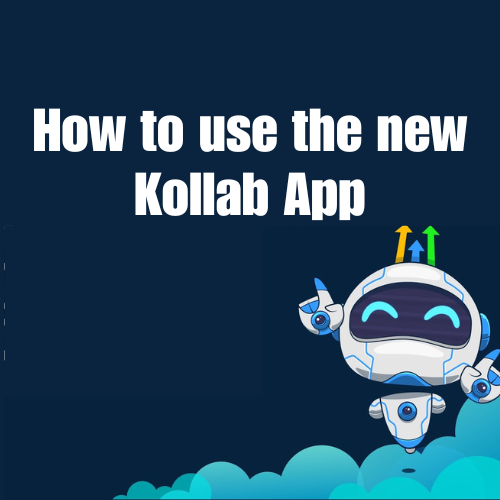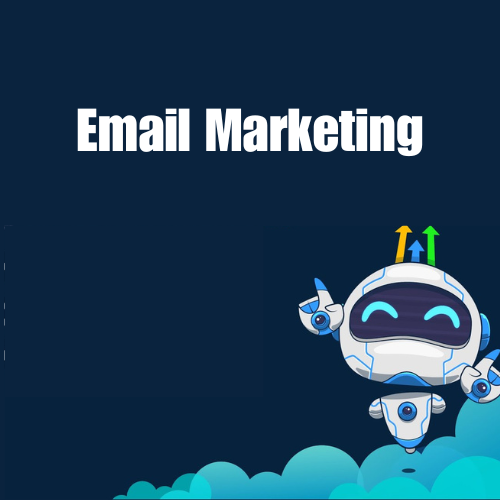Unlock Growth: Utilizing Related Products in Your Ecommerce Store
In today’s highly competitive digital marketplace, small to medium-sized business owners, service providers, coaches, consultants, and CRM users must leverage every tool available to stay ahead. One such tool is the display of related products in your Ecommerce store. It’s more than just a sales tactic; it’s a way to create personalized shopping experiences that can significantly boost your revenue. So, whether you’re using platforms like HighLevel, Kajabi, HubSpot, or ClickFunnels, here’s why related products are crucial and how you can implement them effectively.
The Power of Related Products
**Why It Matters**: Related products are not merely additional items; they serve as recommendations that can enhance the shopping experience. By showing items that complement what your customers are already looking for, you provide value and increase the chances of multiple purchases.
**Increase in Average Order Value**: The most immediate benefit is an increase in the average order value (AOV). When you recommend related products, you’re enticing customers to purchase more. For instance, if someone buys a camera, suggesting a compatible lens or tripod can significantly boost their total spend.
**Customer Retention**: Engaging your customers with relevant suggestions keeps them on your site longer and increases the likelihood of future visits. This improves customer retention, which is often more cost-effective than acquiring new customers.
Implementing Related Products: Best Practices
**Leverage AI Automation**: AI has revolutionized the Ecommerce industry. Tools like GHL (HighLevel), Kajabi, and HubSpot AI automation can analyze customer behavior and automatically suggest the most relevant products. This is a game-changer for small to medium-sized businesses that may not have the manpower to manually set these recommendations.
**Categorization and Tagging**: Properly categorizing and tagging your products will make it easier for your CRM, whether it’s Kajabi or HubSpot, to suggest related items. Use specific tags like ‘funnel builder’, ‘CRM’, or ‘A.I. automation’ to streamline this process.
**Customer Segmentation**: Use CRM systems like ClickFunnels or HighLevel to segment your customers based on their purchasing history and behavior. Tailor your related product suggestions to each segment to make the recommendations as personalized as possible.
**Visual Appeal**: Don’t merely list related products; make them visually appealing. Use high-quality images and compelling descriptions. Often, customers are more likely to consider a product if it looks attractive and fits their needs.
Real-World Example: How It Works
Consider a coach who sells online courses on Kajabi. They can set up their CRM to recommend related courses or additional materials based on what a client is purchasing. If someone buys a course on ‘Business Automation’, the system can suggest a related ‘CRM Mastery’ course. The chances of the customer opting for both are much higher compared to a non-targeted recommendation.
Conclusion: Start Leveraging Related Products Today
Incorporating related products into your Ecommerce strategy is a no-brainer for small to medium-sized businesses, coaches, consultants, and CRM users. By utilizing AI automation, proper tagging, customer segmentation, and aesthetic appeal, you can see measurable improvements in your sales and customer retention.
Ready to elevate your Ecommerce game? Start your 14 days trial with us and get access to our learning community. Discover how you can seamlessly integrate related products with HighLevel, Kajabi, HubSpot, and ClickFunnels, and watch your business soar to new heights.
Take the first step towards smarter selling today!



